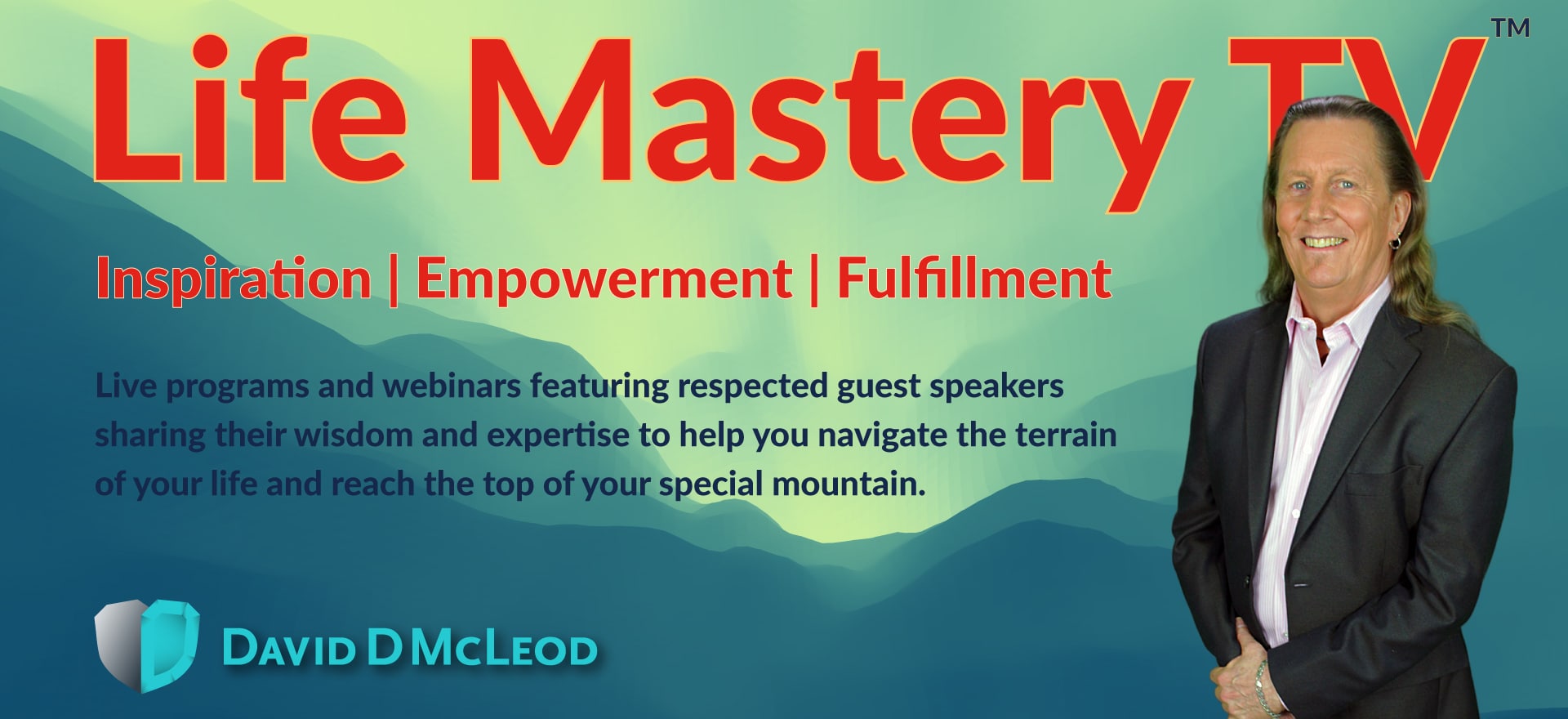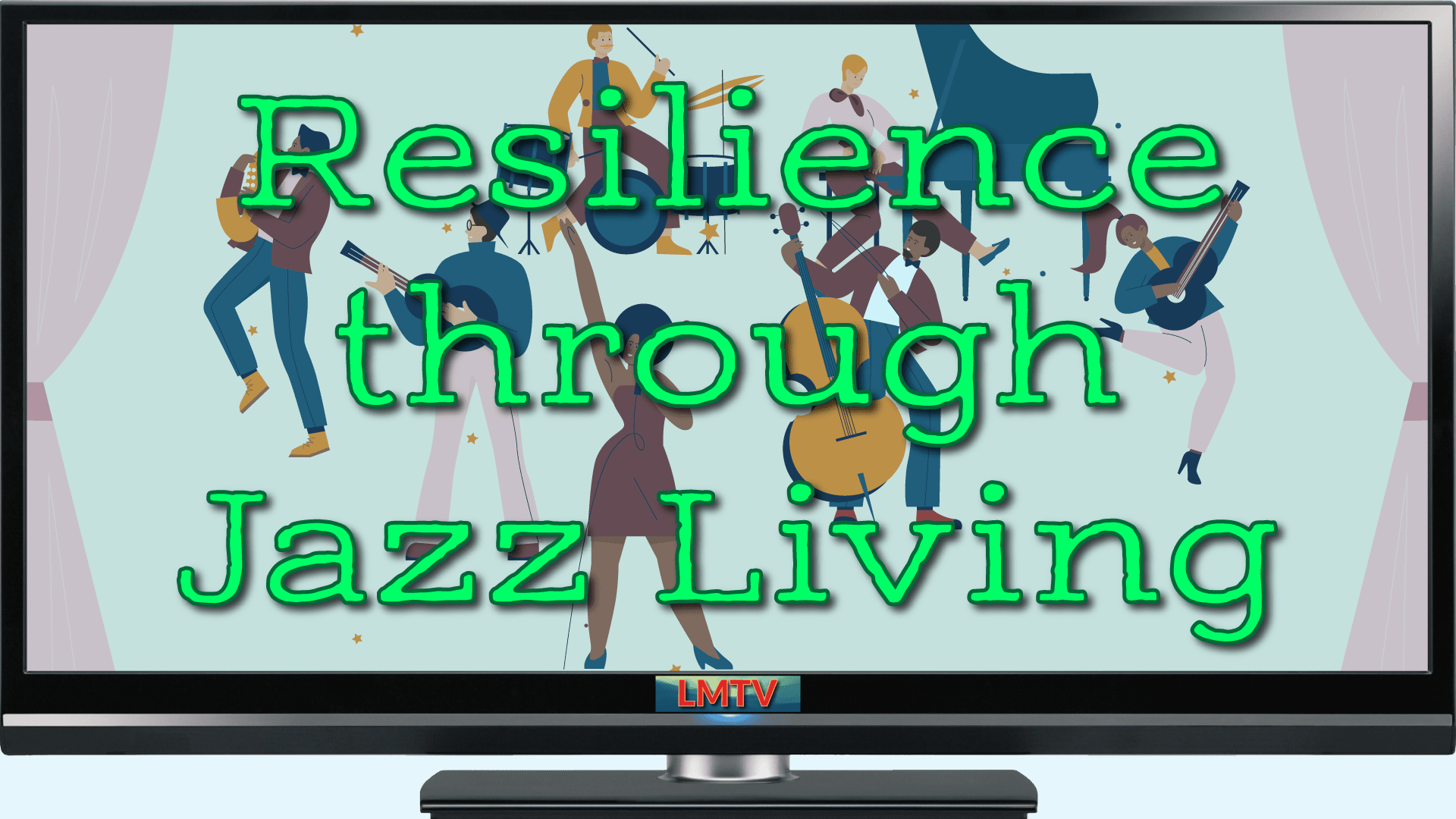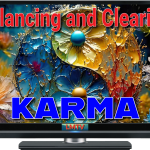
Ten Years of Amazing Content!
Life Mastery TV: April 2014 to December 2024
It’s been a truly wonderful ride! After starting Life Mastery TV with my good friend Tommy Stoffel in April 2014, and bringing over 100 episodes to the world, I took a break to write a book and re-direct my efforts. In 2018, I resumed the Life Mastery TV program in a different incarnation, and produced another 150 or so episodes. Then, as the end of 2024 was approaching, I once again felt the inner call to shake things up a little bit. I decided that it was time to bring LMTV to a close and begin focusing on a new program.
So, starting in January 2025, I’ll be hosting a new semi-monthly series called MagnifEssence in Motion. You can find episodes and other amazing information on my new website at https://MagnifEssence.com. However, in the meantime, feel free to browse around here and watch any episode you like. I know you’ll love the videos!
Love, light and blessings to you!
David McLeod
Recommended Viewing

[Ep 208] Resilience through Jazz Living
When life becomes chaotic and stressful, it can be hard to stay grounded. Listen in and learn how to generate resilience through “jazz living”.

[Ep 208] Resilience through Jazz Living
When life becomes chaotic and stressful, it can be hard to stay grounded. Listen in and learn how to generate resilience through “jazz living”.





